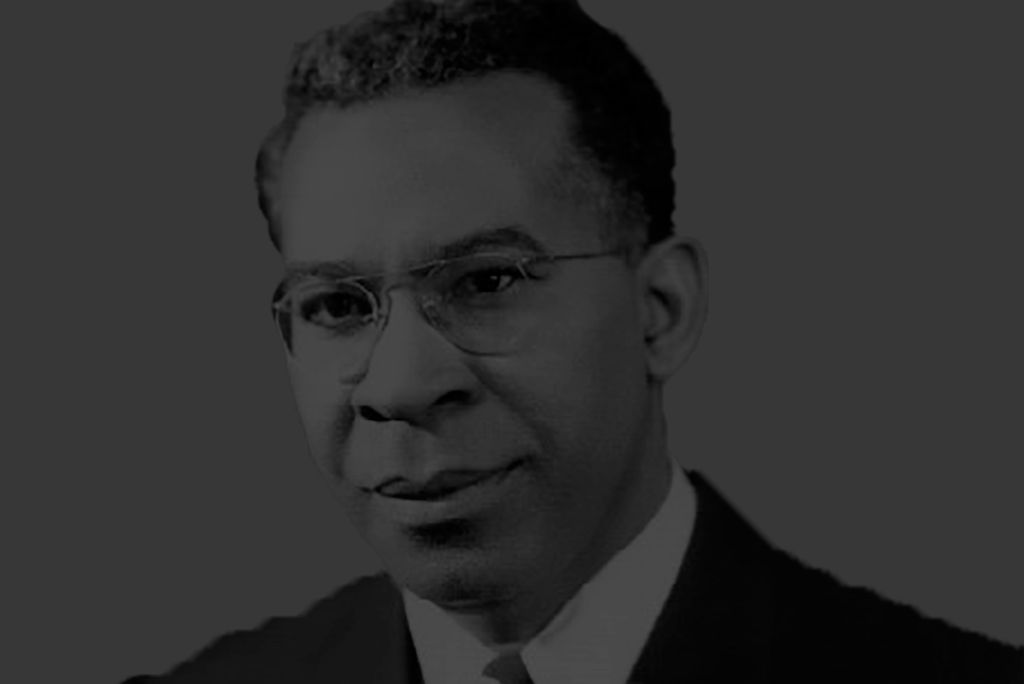NEWS
THE ERIC WILLIAMS MEMORIAL COLLECTION PRESS RELEASES
April 30, 2022
BILL ANALYSIS ~ AB 412 ~ ASSEMBLY COMMITTEE ON PUBLIC SAFETY
The Noose: In 1945, sociologist Oliver C. Cox defined “lynching” as “an act of homicidal aggression committed by one people against another through mob action for the purpose of suppressing either some tendency in the latter to rise from an accommodated position of subordination or for subjugating them further to some lower social status.” [Cox, Lynching and the Status Quo (1945) 14 J. of Negro Educ. 576, 576.]
Encyclopedia entry from: International Encyclopedia of the Social Sciences
“… Cox’s views stood in opposition to the caste school of race relations that was led by the social psychologist John Dollard (1900-1980) and the social anthropologist W. Lloyd Warner (1898-1970). These scholars applied the concept of caste to understand the separation between blacks and whites in the United States. Cox argued that caste divisions in India were a coherent system based on the rule of inequality. In such a system, a man’s child by a woman of a lower caste, for example, might become accepted into the father’s higher caste. In contrast, the U.S. color line contradicted an American creed of equality for all people, and a technique of “passing” developed to conceal the “lower” racial status of a “mixed-blood” person. However, if the mixed blood of a passing individual were ever discovered, it could trigger severe consequences.”
“Caste School of Race Relations” ~ A Dictionary of Sociology. 1998 ~ Encyclopedia.com. ~ 13 May. 2010 ~
The most sustained criticism of the school is Oliver C. Cox’s Caste, Class and Race (1948), in which the author points to a fundamental difference between the Indian and American situations, in that caste divisions in the former are a coherent system based on the principle of inequality, whereas the ‘colour bar’ in America actually contradicted the egalitariany principles of the system within which it occurred.
—Gordon Marshall Read the entire article.
School of Sociology—Its Influence on His Education, Marginalization, and Contemporary Effect
Oliver C. Cox did a study on the marital trends of Negroes (African Americans) in 1938 and found that the sex ratio and male employment status of a given area could predict the marriage rates for said area. His findings are very similar to present sociological literature on African American marital trends. He is not, however, credited for his foundational role in the genesis of the theory of the marriageable male. He was a student in the Chicago School of Sociology during the tenure of many of the school’s most prominent faculty. Many of these leading faculty members were also his instructors in addition to presiding as president of the American Sociological Association at some point in their careers. Despite his connection to these powerful sociologists, Cox was relegated to the margins of his discipline. He has been successfully hidden from the cannon of marriageable male research.—Yolanda Y. Johnson
Has Marxism been a useable political framework that seriously challenges racism? Yes and No. Many Marxist militants of color have dedicated their lives to fighting both capitalism and racism. For example Nelson Peery, Harry Haywood, Ben Fletcher, CLR James, Claudia Jones, and Harry Chang all contributed greatly to an understanding of how Marxism and race relate. Oliver C. Cox, Tomas Almaguer, and Theodore Allen are three outstanding academics who produced pioneering work, giving a historical and theoretical explanation of race and class as interwoven processes throughout American history.
—Professor Adolf Reed Jr. Read the entire article.
“I welcome this new edition of Oliver Cromwell Cox’s brilliant work. Published amid Cold War repression and postwar racist violence, and kept in print by Monthly Review Press ever since, it is as fresh and urgent as ever. It stands not only as one of the most incisive materialist analyses of race and racism but as a true classic in the sociology of race.”
—Robin D. G. Kelley, New York University
Oliver C. Cox was innovative, controversial, and thought-provoking regarding his scientific work in the field of sociology. In recognition of his life’s work, the Section on Racial and Ethnic Minorities of the American Sociological Association annually presents the “Oliver C. Cox Award” for best sociology book. Also, the Missouri Sociological Association annually conducts “The Oliver C. Cox Graduate Student Paper Competition.”
—Alfonso R. Latoni-Rodríguez, Director Minority Affairs Program Read the entire article.
My aim in this presentation is to talk initially about Dr. Oliver C. Cox, who in the course of his life (8/24/01-9/4/74) consistently challenged the prevailing views of race relations in the United States and in so doing has been labeled a Marxist and marginalized for his radical views—which for all intents and purposes were right on point though not palatable for many.
—Milton L. Butts, Jr.
I happened to discover the Oliver Cox Institute today while searching for some books on line. I was a seminar student of Dr. Cox’s in the early 1970s at Wayne State University. His thinking had a considerable influence on the way I think even today, and I am very pleased to see that others appreciate his work and are helping to make it available. I have always felt that he has not received his due as a sociologist of the big picture. Good luck with your work!
Jim DeHullu—Pittsburgh, PA
Blackpast.org/Quintard Taylor
Undeterred by his physical condition, he earned a M. A. in economics and a Ph. D. in sociology from the University of Chicago before holding professorships at Wiley College, the Tuskegee Institute, Lincoln University, and Wayne State University where he amassed a prolific record of scholarship and a reputation as a demanding and challenging pedagogue.
—Dr. Lawson Bush, V
Read the entire article.
“MEXICO’S HIDDEN BLACKS” BY ALEXIS OKEOWO
“The Black descendants of slaves in Mexico struggle against entrenched racism. Alexis Okeowo explores the so-called first free slave town in the Americas …”
We are grateful to Alexis for granting the Oliver Cromwell Cox Institute permission to publish “Mexico’s Hidden Blacks.”
